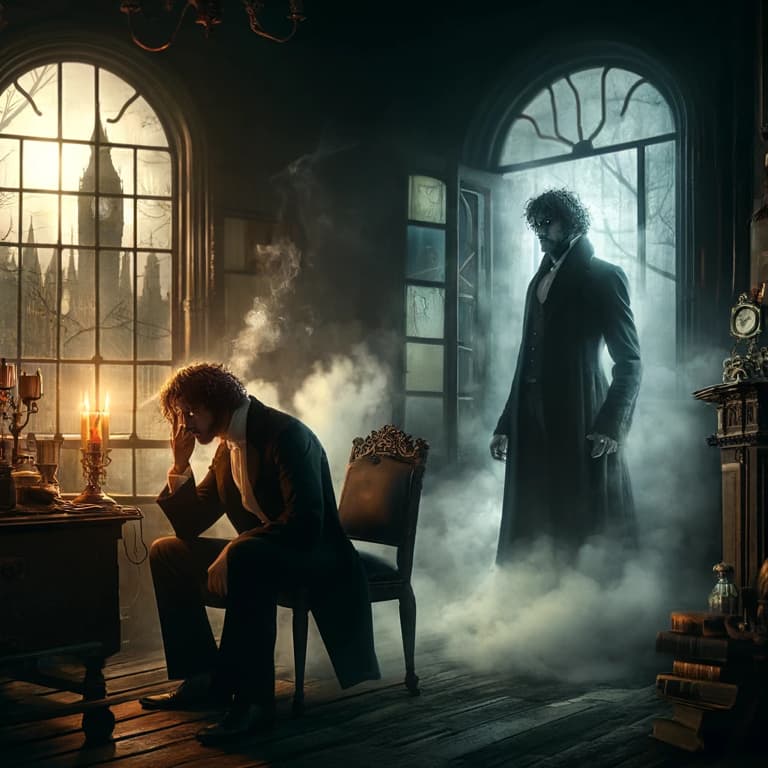Unveiling the Mystery of Jekyll and Hyde
“Jekyll and Hyde,” often referred to in its full title as “Strange Case of Dr Jekyll and Mr Hyde,” is a gothic novella written by the Scottish author Robert Louis Stevenson. Published in 1886, the story is a profound exploration of the duality of human nature, encapsulating the conflict between the good and evil that resides within mankind. The novella has been a subject of immense interest and analysis since its publication and has inspired countless adaptations in theatre, film, and television.
The Duality of Man
At the heart of “Jekyll and Hyde” is the concept of duality. Stevenson delves into the complex nature of humanity, suggesting that every individual harbors both noble and ignoble qualities. The protagonist, Dr. Henry Jekyll, is a respected scientist and a man of good standing in his community. However, he becomes obsessed with the idea of separating these two natures, leading him to concoct a potion that transforms him into Edward Hyde, a manifestation of his darker self. This transformation allows Jekyll to indulge in unspeakable acts without the burden of conscience or societal reprisal.
The Descent into Darkness
The story chronicles Dr. Jekyll’s increasingly desperate attempts to control his alter ego, Mr. Hyde, who grows progressively more powerful and uncontrollable. The transformation between Jekyll and Hyde becomes a metaphor for the internal struggle between the civilized and the primal, the ethical and the amoral. Stevenson uses this transformation to comment on the Victorian society of his time, which often repressed its darker side beneath a veneer of respectability and strict moral codes.
The Horror Within
“Jekyll and Hyde” is also celebrated as a seminal work in the horror genre. Stevenson’s vivid descriptions of Hyde’s deeds and the psychological torment of Jekyll create a chilling narrative that has captivated readers for generations. The horror arises not from supernatural elements but from the realization of the potential for evil within oneself. Hyde is not an external force but a part of Jekyll, an uncomfortable truth that speaks to the capacity for wickedness in all humans.
A Reflection of Victorian Society
The novella is also a critique of the hypocrisy of Victorian society, where outward appearances and respectability were of paramount importance. By presenting Jekyll as a seemingly upstanding member of society who harbors a dark secret, Stevenson exposes the dangers of suppressing one’s true nature. The story suggests that the rigid social conventions of the time were not only suffocating but also potentially destructive, as they forced individuals to lead double lives.
Legacy and Influence
“Jekyll and Hyde” has left an indelible mark on popular culture, influencing not just literature but also stage and screen adaptations. The phrase “Jekyll and Hyde” has entered the lexicon as a metaphor for anyone whose moral character is vastly different from one situation to the next. The novella’s themes of duality, the nature of evil, and the societal facade continue to resonate with audiences today, making it a timeless piece of literature that explores the darkest corners of the human psyche.
